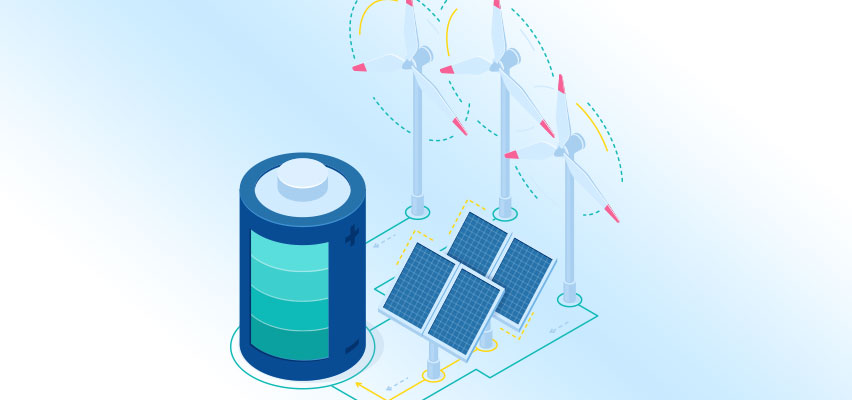How to Choose a Battery for Your Residential Solar System
Choosing the correct battery for your residential solar system can be confusing. There are so many different types of batteries and so many features to consider! This article will help you understand what factors to consider when choosing this component for your home.
The most important part of your off-grid solar system is your battery bank. It’s the powerhouse that stores all of your solar energy for use at night. Therefore, it is essential to understand what type of battery best fits your needs and how to size a battery bank not to run out during the day or night.
Typically your battery bank is the most expensive component and the one part that is most difficult to upgrade at a later date. However, once you have a battery bank installed and working for a while, it is possible to add another battery bank. When adding a second battery bank, you should choose a battery bank that is as close to identical ratings as possible to avoid the older battery draining the new ones.
Most people choose to invest in a battery that will provide enough energy requirements for at least one day. Having at least one full day of power will ensure electricity even when there is little or no sunlight. If you have an auto-starting generator, the severity of this problem can be reduced. An auto-starting generator for solar systems helps provide backup power when there is not enough sun, and the battery bank is low.
We recommend choosing the largest and most efficient battery you can afford for your solar system during the initial installation. If you’re unsure of how much power you need, it’s better to get a larger one that you can add to add at a later date should your needs change.
COMPARE RESIDENTIAL SOLAR QUOTES
AC vs DC-coupled batteries
While your home runs on AC (alternating current), all batteries need to be charged using DC (direct current).
Converting power from your solar panels or battery into useable AC electricity for your home requires an inverter. It’s this device that is responsible for the most significant difference between AC and DC batteries.
What is the difference between AC and DC batteries?
AC-coupled batteries require two inverters, one for the battery and one for the solar panels. AC batteries are;
- Typically less efficient than DC-coupled batteries.
- More flexible and easier to install, especially if you have solar panels already installed.
- Work well alongside existing solar installations as well as new ones.
- A battery fault will not affect your solar panel and vice versa.
- Compatible with different brands of inverters
Conversely, DC-coupled batteries only need a single inverter. Dc batteries are;
- Typically more efficient than AC-coupled batteries
- Fully integrated with a solar system
- They have fewer components, which is why they are cheaper.
COMPARE RESIDENTIAL SOLAR QUOTES
There are two principal reasons why homeowners would want to capture and store solar energy.
The first reason is that if the home loses power from the grid. When the power goes out, the battery system will protect your home. It will be isolated from the grid and will activate to provide power to your house.
The second reason to store energy for later use is to take advantage of time-of-use (TOU) rate plans from your electricity company.
On a time-of-use rate plan, when the sun is shining in the middle of the day, the extra energy that your solar panels produce will not be as valuable. The power that you are using during this time is coming from the electricity grid. Thus, homeowners can save more money by avoiding evening peak utility charges using solar battery storage.
Choosing the correct battery for your home solar system is an important decision. The best practice would be to get professional advice when selecting a battery, but if you don’t have time or need some guidance, hopefully, the tips we’ve outlined in this article you will find helpful.
We also provide quotes from our trusted partners to make it easier for you to find a reputable company that can meet all of your needs. Let us know if this information was helpful and how we could help further!




